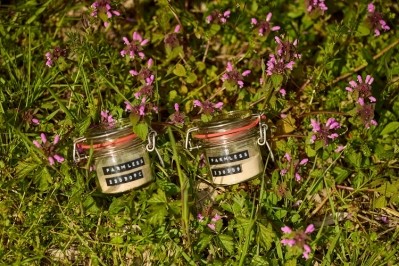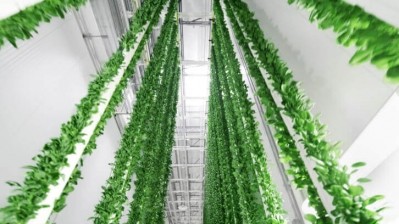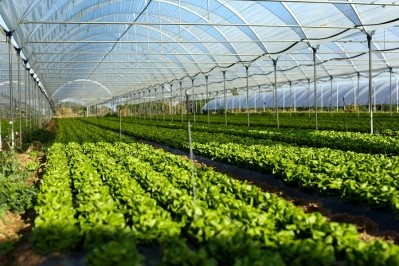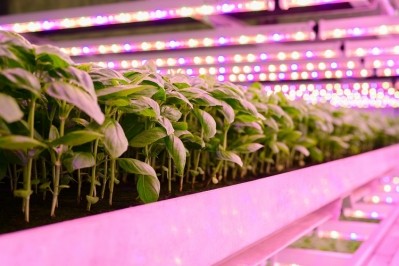[Video] Green Onyx launches its vertically farmed freshwater lentils into space
On Nov. 9, Wanna Greens, grown in Green Onyx's proprietary Nanoracks module - a plug-and-play, open-source plant cultivation platform aboard the ISS - launched on a SpaceX mission. This followed rigorous testing and NASA approval as part of the Commercial Resupply Service (CRS)-29 mission.
Ready to use and shelf stable for up to six weeks, Wanna Greens’ lentils contain “more iron than spinach, more zinc than kale and more potassium than any green vegetable,” according to the company, which is focused on introducing solutions to improve and secure local food production.
For space travel, Wanna Greens’ fresh nutrition content and closed cultivation methods have the potential to provide astronauts with optimal nutrients during long-duration missions.
“As space agencies plan for the future, long-duration missions, such as missions to Mars, the importance of sustaining astronauts’ health over extended periods becomes even more critical. Fresh nutrition is seen as a key component in addressing the challenges of long-term space travel,” according to the company’s statement.
The benefit of growing duckweed indoors
Despite being a traditional food source in Southeast Asia, cultivating duckweeds commercially has been challenging due to their sensitivity to water quality, temperature and nutrient fluctuations.
Shoham described duckweeds as resource efficient with high yield, citing its ability to duplicate every two to four days to produce one to two kilos. Thriving in low maintenance conditions with minimal amounts of light, water and fertilizer, these space-efficient plants only take up five square meters while producing a significant yield of almost four tons annually, making them ideal for indoor cultivation systems.
Green Onyx’s cultivation system is “100% controlled, sealed and isolated from the environment,” Shoham explained.
She continued, “There is no option for microorganisms or any contaminants to enter our facilities. And by that, we can assure the stabilization of our cultures. We grow it as a monoculture. We learn how to spoil them, we give them the best conditions … [and] learn how to bio mimic their natural habitat.”
While Green Onyx is based in Tel Aviv, Shoham emphasized that the company started a fundraising round to gain interest from US investors and reach the American market. Following this, the company plans to build a US-based indoor farm that will be owned and operated by local partners to introduce Wanna Greens to market.





















